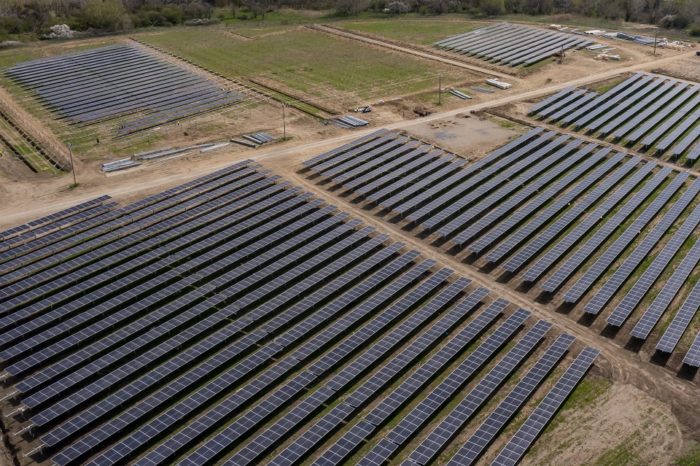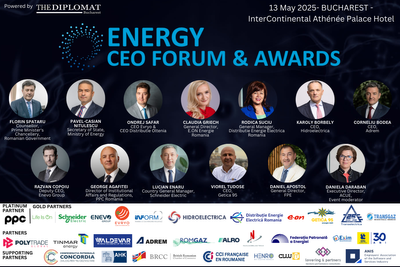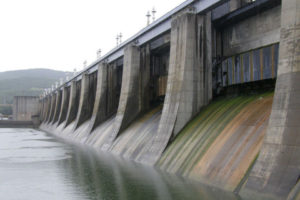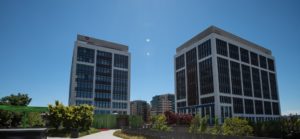Compressed natural gas, ecological, economical, sustainable
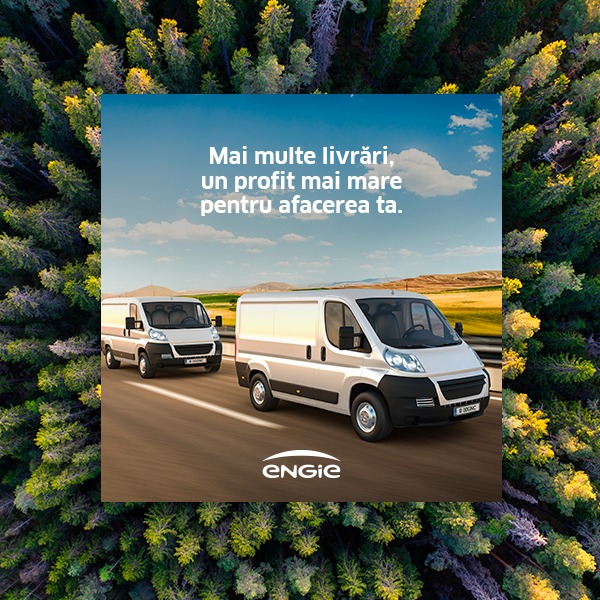
The future of the transport sector means a set of sustainable solutions in which the role of clean and low-carbon fuel is essential.
In the transition of companies to technologies with a neutral impact on the environment, the use of compressed natural gas for vehicles is one of the trends that are currently reshaping surface transport. Increasingly used as an alternative to conventional fuels, the compressed natural gas supply solution is a modern and environmentally friendly technology that offers customers a wide range of benefits.
Over 27 million 1) vehicles worldwide currently use CNG as a fuel. In Europe, their number reaches over 2 million vehicles registered in traffic, which confirms that the use of this alternative fuel is a mature technology.
Thanks to the energy efficiency of this technology, customers can achieve substantial savings for fleets in various fields of activity while contributing to a significant reduction in the overall level of carbon emissions and air pollution.
With ENGIE Romania’s compressed natural gas supply solution, customers benefit from a wide range of advantages in the process of transitioning to a clean fleet. The most important ones target two key areas: performance and safety.
Technically high vehicle performance:
• works similarly to traditional fuel vehicles (petrol or diesel);
• CNG technology can be installed at the factory (original equipment manufacturer – OEM) or after converting vehicles to traditional fuel by installing a special CNG kit;
• starting the engine in severe weather conditions of cold or heat, because the CNG is already in a gaseous state;
• the burns are cleaner, as they do not contain sulphur (S), particles, traces of heavy metals or toxic additives, which can contaminate the engine oil;
• being non-corrosive, it improves the longevity of the spark plugs due to the absence of any lead or benzene content in CNG;
• the service life of the lubricating oils used in this case is longer, as they do not contaminate or dilute the crankcase oil, requiring changes and adjustments at longer intervals.
Safety proven by performing or exceeding the strictest accident tests:
• the storage of compressed natural gas is done in maximum safety conditions: the materials and technology used are very resistant to impact;
• has a low flammability rating of about 5% – 10%, which makes it less flammable and safer than other traditional fuels;
• does not self-ignite on hot surfaces, the ignition temperature of CNG is 540⁰C, being higher than gasoline (320⁰C) and diesel (285⁰C).
Compressed natural gas can be used for transporting people or goods, utilities, and sanitation, but also for agricultural equipment. In response to environmental concerns, compressed natural gas is increasingly used as an alternative fuel in the transport sector in general and in road transport in particular. Combustion of compressed natural gas does not produce greenhouse gases, and the environment is more protected, especially since urban transport produces a large part of the pollutants and greenhouse gas emissions from the total generated by road transport.
About ENGIE
ENGIE is active in Romania in three areas: natural gas, electricity, and energy services. The main subsidiary of the group, ENGIE Romania, supplies natural gas and electricity, distributes natural gas, provides energy services to all market segments, and also produces electricity. ENGIE Romania serves more than 1.9 million customers, operates 20,000 km of networks, owns, and operates 100 MW wind farms and has approximately 4,000 employees.
ENGIE’s ambition is to be a leader in the transition to an economy with a neutral impact on the environment, a global trend characterized by the development of clean energy, reduced energy consumption as a result of the implementation of energy efficiency measures and the digitization of information. To this end, ENGIE develops integrated, intelligent, energy-efficient solutions for its customers.
- Source: Worldwide NGV Statistics
(P)

